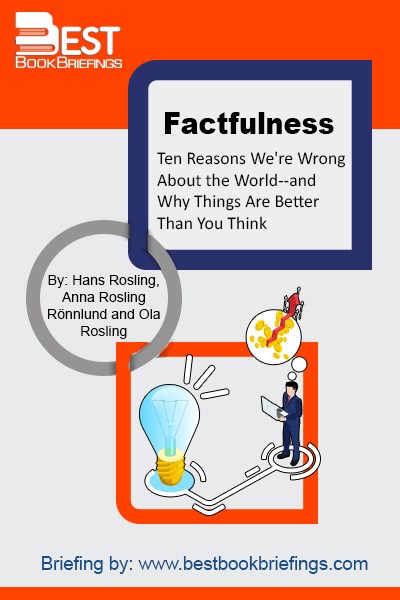Factfulness
Ten Reasons We're Wrong About the World—and Why Things Are Better Than You Think
Number of pages: 352
Publisher: Flatiron Book
BBB Library: Psychology and Strengths
ISBN: 978-1250107817
Editorial Review
In Factfulness, Professor of International Health and global TED phenomenon Hans Rosling, together with his two long-time collaborators, Anna and Ola, offers a radical new explanation of why this happens. They reveal the ten instincts that distort our perspective-from our tendency to divide the world into two camps (usually some version of us and them) to the way we consume media (where fear rules) to how we perceive progress (believing that most things are getting worse). Our problem is that we don’t know what we don’t know, and even our guesses are informed by unconscious and predictable biases. It turns out that the world, for all its imperfections, is in a much better state than we might think. That doesn’t mean there aren’t real concerns. But when we worry about everything all the time instead of embracing a worldview based on facts, we can lose our ability to focus on the things that threaten us most. Inspiring and revelatory, filled with lively anecdotes and moving stories, Factfulness is an urgent and essential book that will change the way you see the world and empower you to respond to the crises and opportunities of the future.
Book Reviews
Books on Related Topics
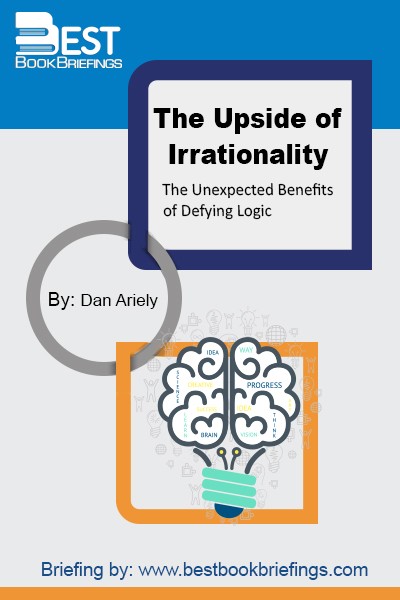
More than a century ago, psychologists Robert Yerkes and John Dodson performed different experiences in an effort to find out two things about rats: how fast they could learn and what intensity of electric shocks would motivate them to learn fastest. Some of the results aligned with what most of us
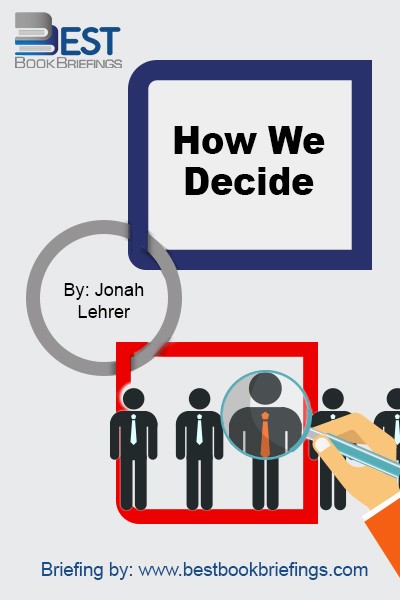
Whenever someone makes a decision and tries to be reasonable and restrained, the brain is awash in feelings, driven by its inexplicable passions. These emotions secretly influence our judgment. Naturally, these feelings sometimes can lead us astray and cause us to make all sorts of predictable mistakes. To make good decisions, God
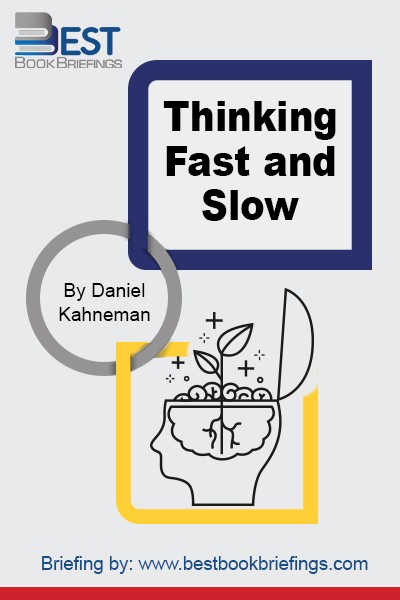
Engaging the reader in a lively conversation about how we think, Kahneman reveals where we can and cannot trust our intuitions and how we can tap into the benefits of slow thinking. He offers practical and enlightening insights into how choices are made in both our business and our personal lives-and
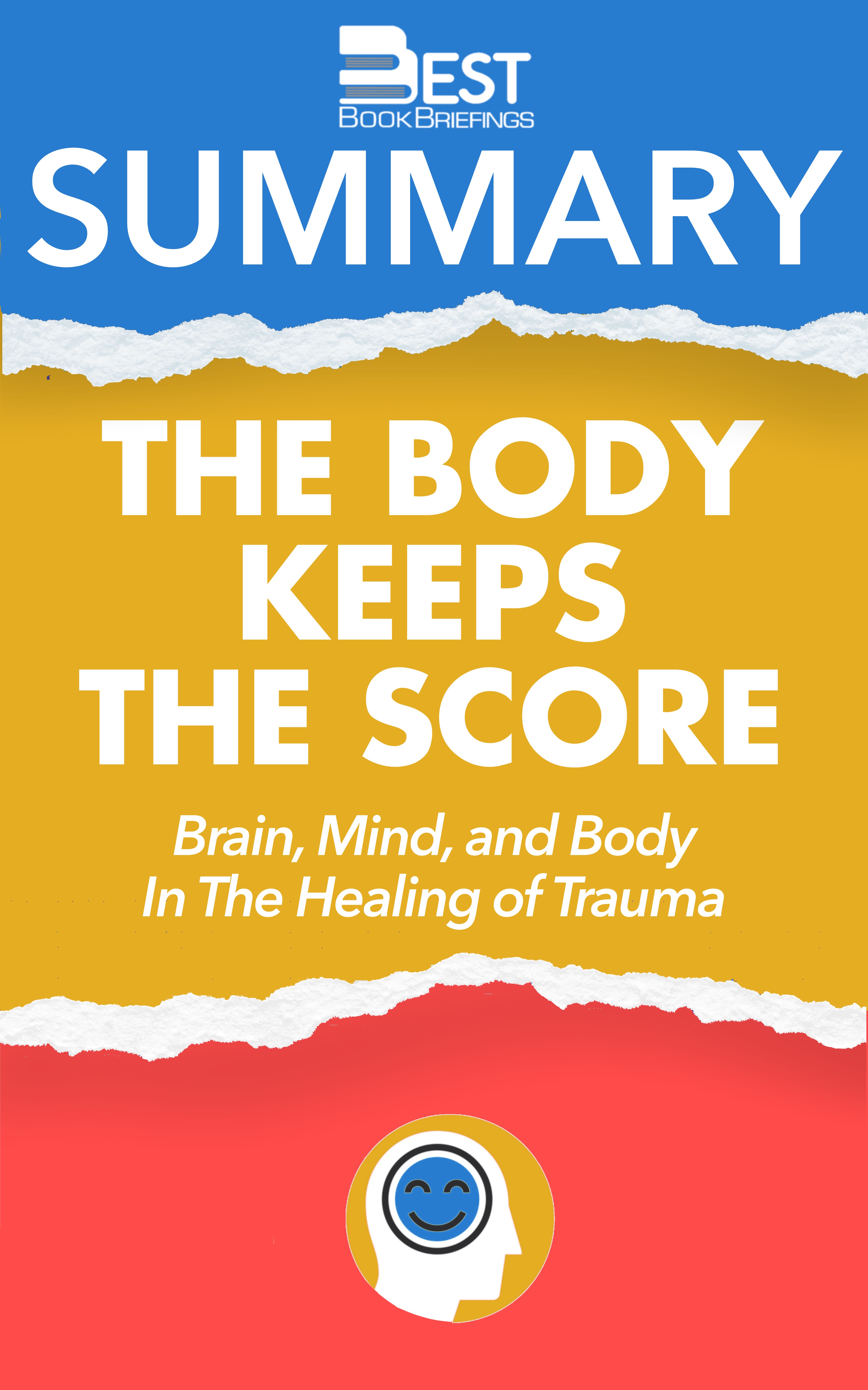
Trauma is a fact of life. Veterans and their families deal with the painful aftermath of combat; one in five Americans has been molested; one in four grew up with alcoholics; one in three couples have engaged in physical violence. Dr. Bessel van der Kolk, one of the world’s foremost experts
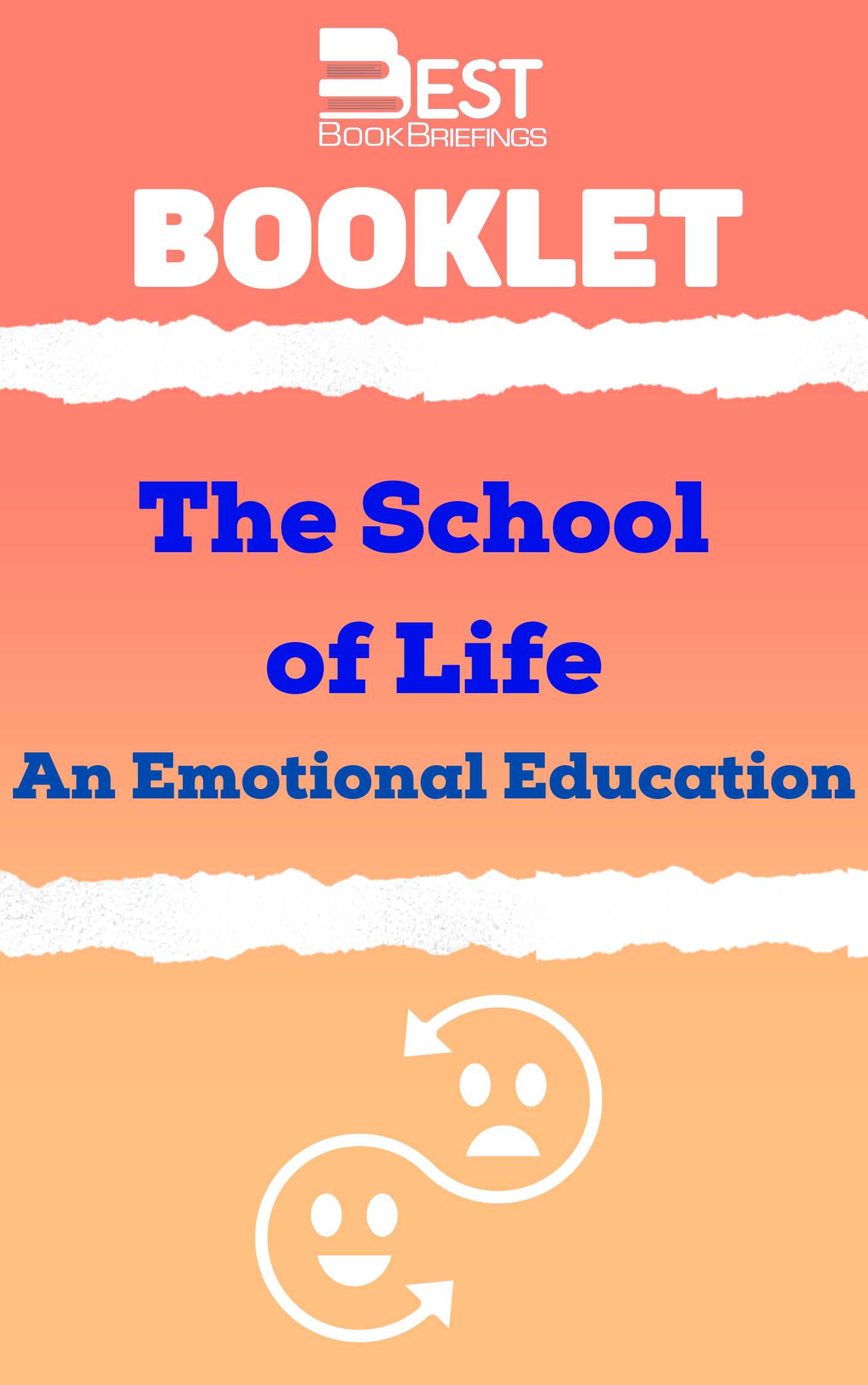
Emotional intelligence affects every aspect of the way we live, from romantic to professional relationships, from our inner resilience to our social success. It is arguably the single most important skill for surviving the twenty-first century. But what does it really mean?One decade ago, Alain de Botton founded The School of Life, an
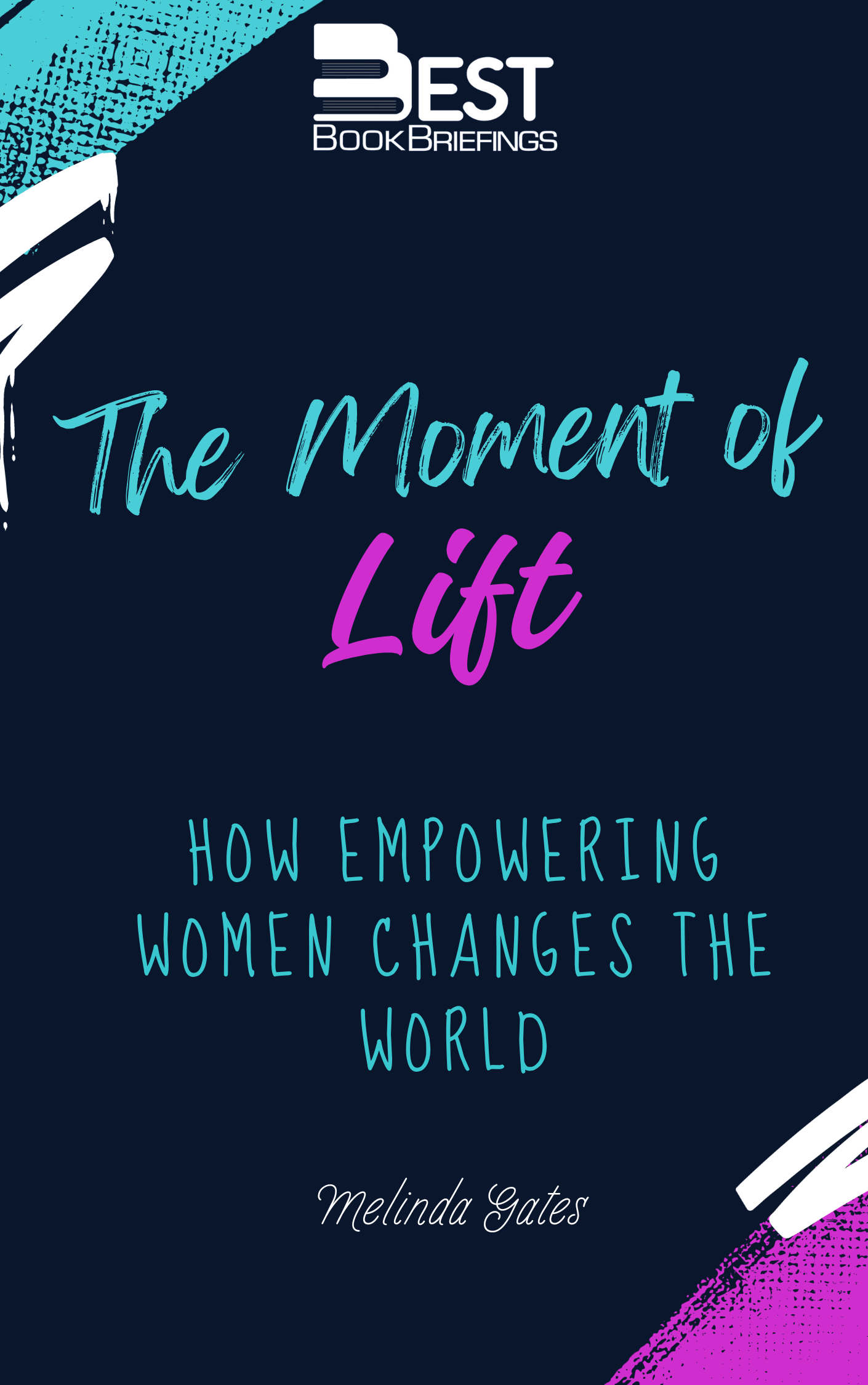
For the last twenty years, Melinda Gates has been on a mission to find solutions for people with the most urgent needs, wherever they live. Throughout this journey, one thing has become increasingly clear to her: If you want to lift a society up, you need to stop keeping women

